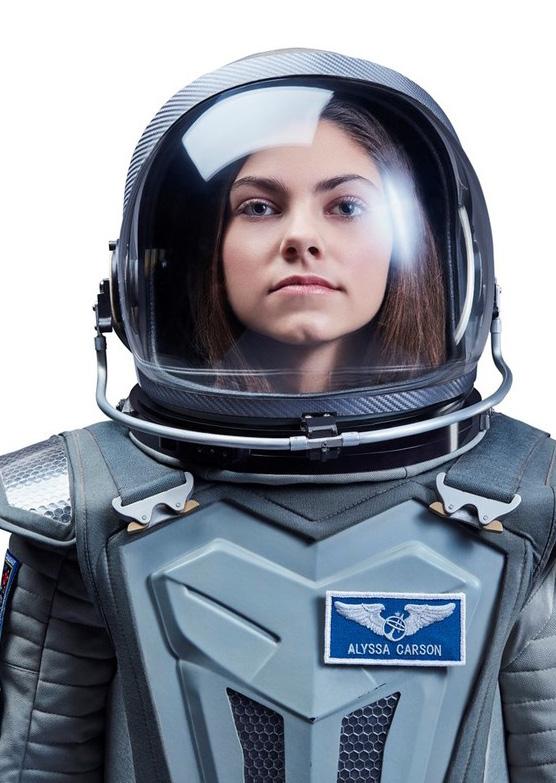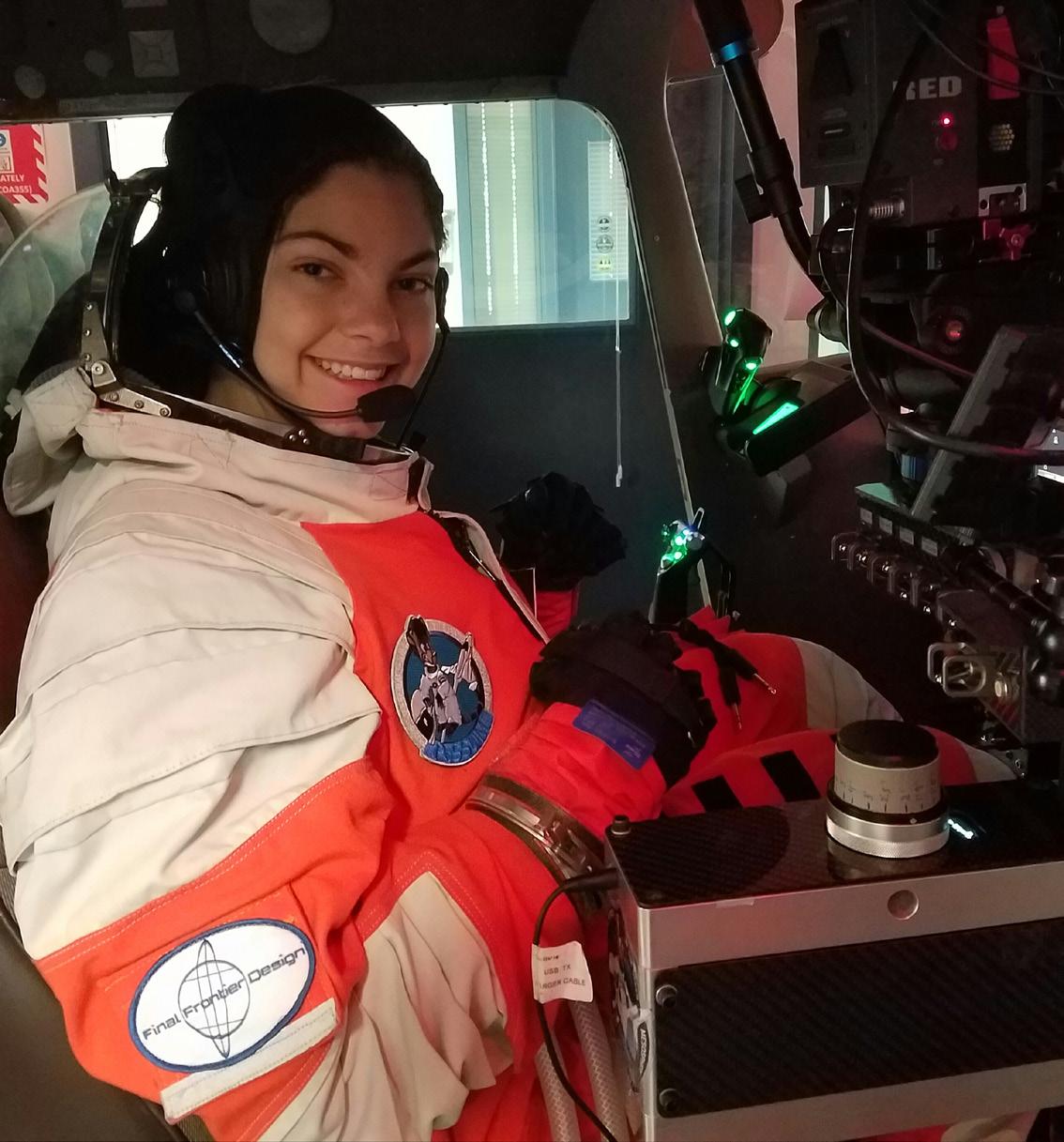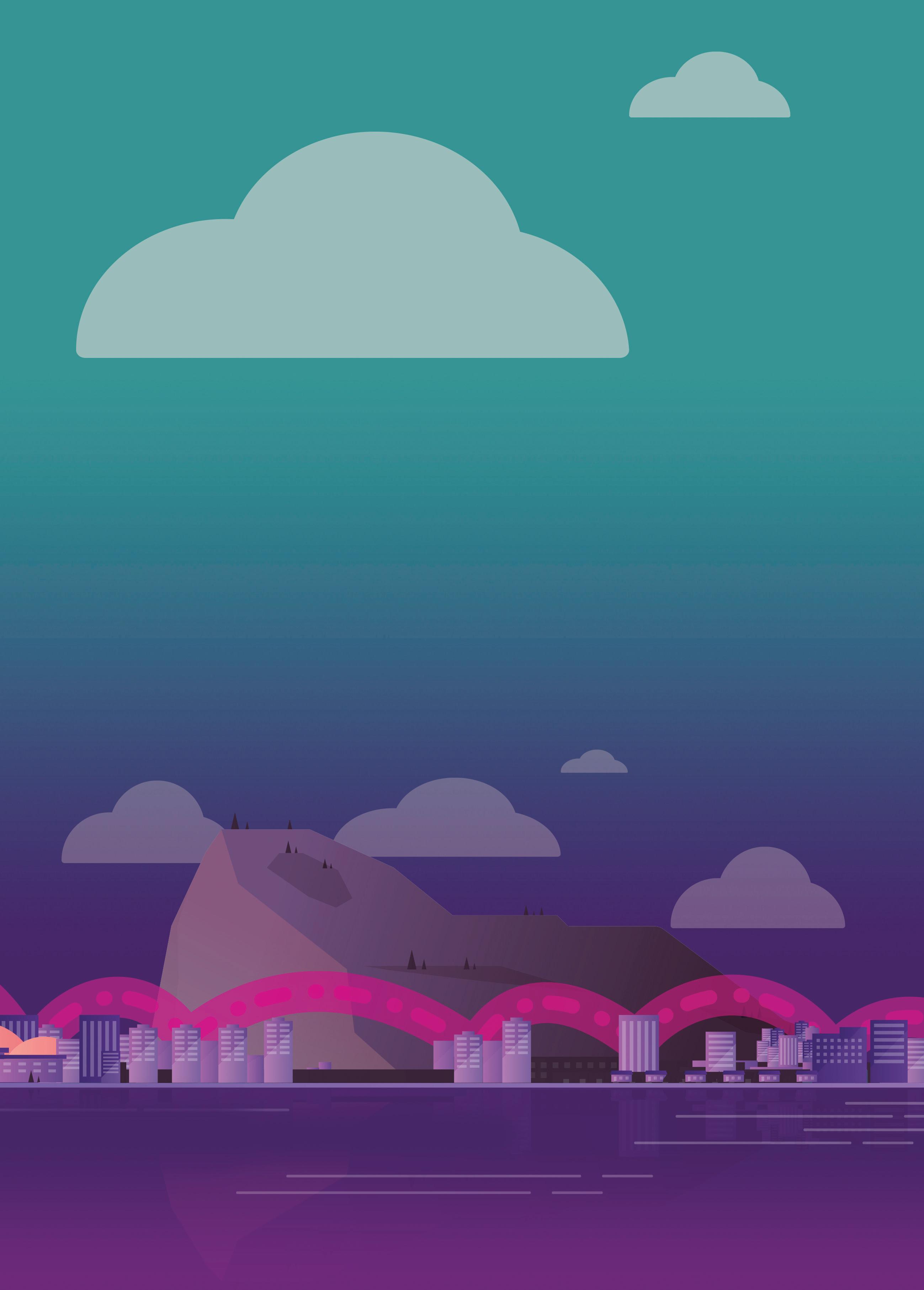
3 minute read
Life on Mars: World’s Youngest Astronaut
Meet Alyssa Carson, the 18-year-old astronaut preparing for the 2030 Mars Mission. LIFE ON MARS life
BY SOPHIE CLIFTON-TUCKER
In pre-school, when the teacher asked our class what we wanted to be when we grew up, there were at least a dozen would-be footballers, several hopeful singers, and at least one determined astronaut. One such individual is Alyssa Carson, who’s made good on her childhood goal.
Forget reaching for the stars; this girl’s reaching for Mars.
WHEN DID YOU FIRST BECOME INTERESTED IN SPACE AND SPACE TRAVEL? WHAT ABOUT IT PERSONALLY PIQUED YOUR INTEREST?
I became interested when I was around 3 years old, after watching a cartoon [The Backyardigans – “A Mission to Mars”] and asked my dad whether anyone had been to Mars. He told me it would be my
generation that would be going, and I decided I would be one of the ones to go. I think it was the curiosity of no one being there that piqued my interest.
HAVE YOU ALWAYS WANTED TO BE AN ASTRONAUT, OR WERE THERE OTHER CAREER PATHS TO CONTEND WITH?
My plan has always to be an astronaut and go to Mars, and when I got back, then maybe I would be something else.
WHAT TRAINING HAVE YOU UNDERGONE THUS FAR [E.G. NASA SPACE CAMPS], AND WHAT ARE THE MENTAL AND PHYSICAL CHALLENGES YOU HAVE FACED?
Going to space camps has given me an introduction to this field, but my real training started when I was accepted to Possum Academy at 15 years old. They are a citizen science group that train to do research missions in sub-orbital space. I have had to go through decompression training, and the most physical being water survival. Having a space suit on in the water, which is about 40 pounds more, made it hard to pull myself up in to a life raft.
IN YOUR OPINION, WHAT ARE SOME OF THE BIGGEST ENVIRONMENTAL AND POPULATION ISSUES WE’RE CURRENTLY FACING ON EARTH, AND LOOK TO FACE IN THE FUTURE, AND HOW COULD THE MISSION TO MARS HELP ALLEVIATE THEM?
Sometimes it is hard to have a social life, and I have had to miss out on some things, but my dad has always made sure I had a balanced life and that I did have my childhood.
having to work on in order to help save this planet. Going to Mars will help with learning new ideas on how to live on Mars and how to be more environmentally correct, which would in turn help here on Earth.
HOW DO YOU ENVISION LIFE ON MARS FOR FUTURE HUMAN COLONIES?
Being on Mars will be hard, and we will have to change the way we live, but I believe the rewards of learning about Mars are worth it. TALK US THROUGH A REGULAR WEEK AS ALYSSA CARSON!
There is really no regular week. Right now, I am in college going to classes and labs just like any other
Sometimes it is hard to have a social life.
student. However, there will be weeks where I fly off to Canada to train at the Canadian Space Agency, or travel to California to speak to for the Federal Aviation Administration (FAA) and to others to kids to get them in to STEM careers. You just never know what my week might be like.
WHAT ADVICE DO YOU HAVE FOR THE YOUNG PEOPLE OF GIBRALTAR ON FOLLOWING THEIR PASSIONS AS YOU DID?
I would say to find a subject in school that you like, find the different careers in that field, find one you love and go after it hard. Never give up on your dream and never let anyone take your dream away from you.
WHAT FEARS DO YOU HAVE FOR THE 2030 MISSION?
I have spent enough time around the people who are building the rockets, learning how we will live, to know that there is a lot of safety in mind. I do not have any fear, but believe the people working on the ground here to send me to Mars are very concerned with the safety of the astronauts.

BEING A TEENAGER COMES WITH ITS OWN TRIALS AND TRIBULATIONS; DO YOU EVER FIND IT HARD MAINTAINING A REGULAR SOCIAL LIFE ALONGSIDE YOUR PASSION FOR YOUR CAREER?











